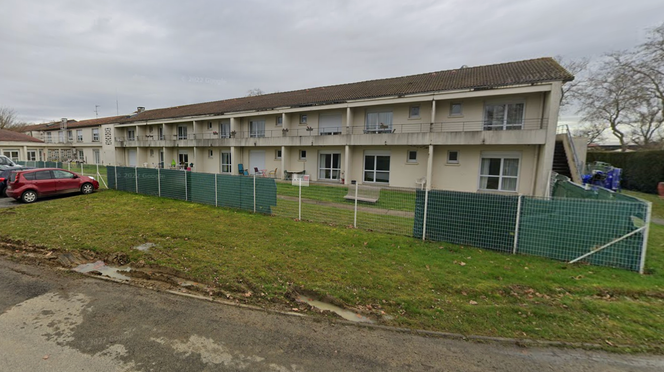


For 30-year-old Imazaeva, her husband and their four children aged between one and six, their days spent at the Saint-Lys return preparation center, near Toulouse, will be their last on French soil. "We applied for protection in three European countries, and didn't receive it in any of them," said this young Chechen (who did not wish to give her full name). "All this change and instability is having a negative impact on the children, so we've decided to go back home," she concluded bitterly.
Imazaeva's family has been living in Saint-Lys since the beginning of October, when they volunteered to leave France and take advantage of the return preparation scheme. The center, which will house them for a maximum of four months, is one of around 30 such sites in France, financed by the French government.
It became the latest to open its doors in early September, when it took up residence in a 3,000-square-meter former nursing home. It will eventually have around 80 rooms. Managed by Adoma – a national operator in the field of accommodation and support for asylum seekers – it will primarily house and support families and "anyone at the end of the line," according to Michel Kessouari, Adoma's regional director.
This "end of the line" refers to those who are undocumented, not having obtained a residence permit or whose asylum application has been rejected, or who are under a removal order to leave the country (OQTF). "Here, we help them with their administrative formalities and, above all, we avoid a break in accommodation," explained Kessouari.
Alongside the director and deputy director, seven people, including three social workers, "take the time to talk" to those who find themselves at the center. In concrete terms, each of the center's "tenants" receives administrative and material assistance to prepare for the journey to their country of return. Everyone is free to move around and has the key to his or her room, studio or small apartment.
Financial assistance covers air tickets from the place of departure in France to arrival in the country of return, a lump-sum incentive allowance, paid to in a single instalment, and possible reintegration assistance depending on agreements made with the countries concerned. Revised on October 9 by decree, the maximum level of assistance can reach €2,500. "They also receive bus tickets and food vouchers," explained Audrey Viguier, deputy director at Adoma.
Above all, the "necessary paperwork" has to be completed – from court rulings to applications for visas to return to the country of origin. There's finding interpreters, sorting out children's schooling, and engaging volunteer, or sometimes retired, doctors to treat some of the people at the center – for example, one young woman of Mongolian origin (who declined to be interviewed) who had come to France for an operation, and was subsequently refused permission to stay.
You have 40% of this article left to read. The rest is for subscribers only.
